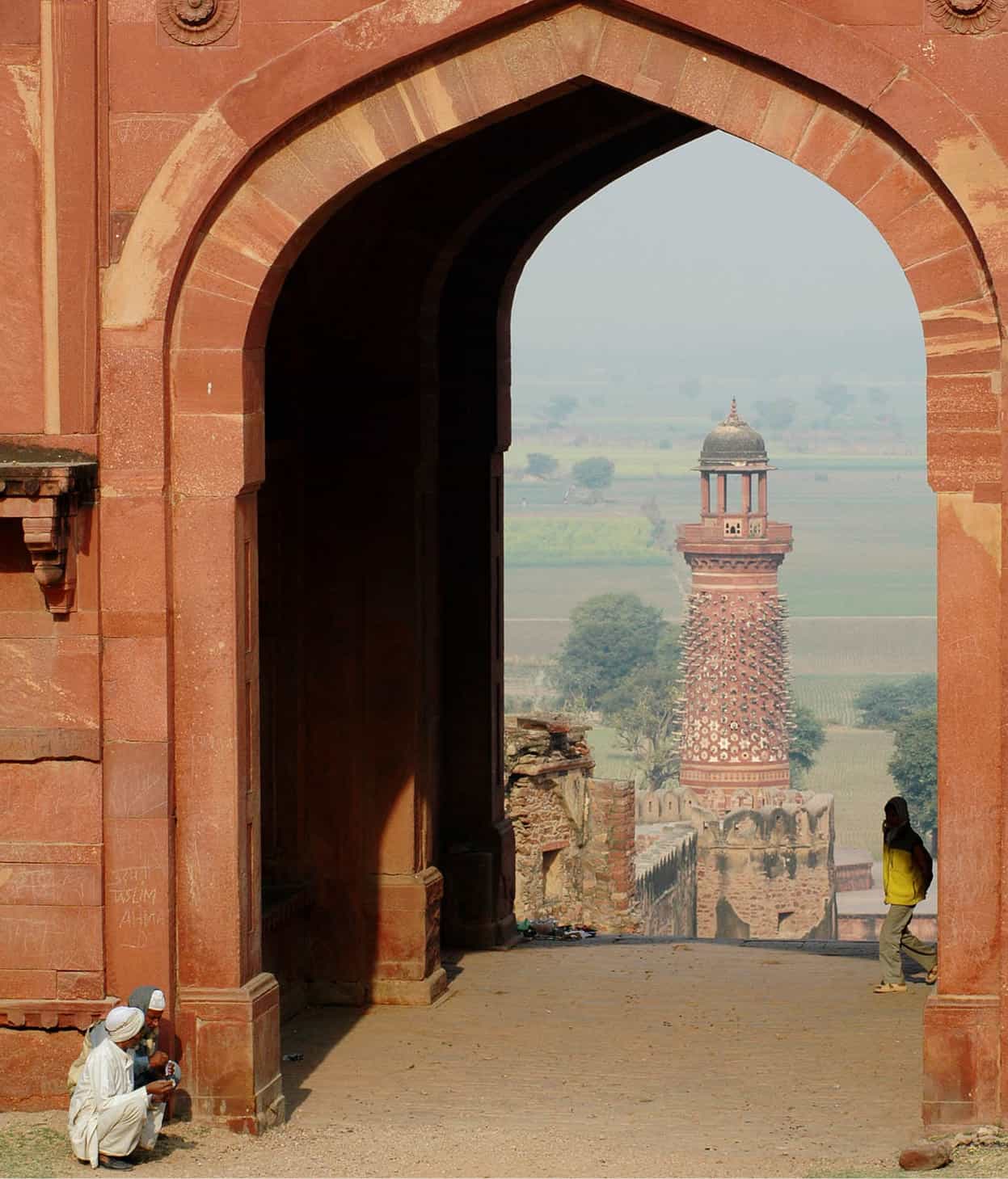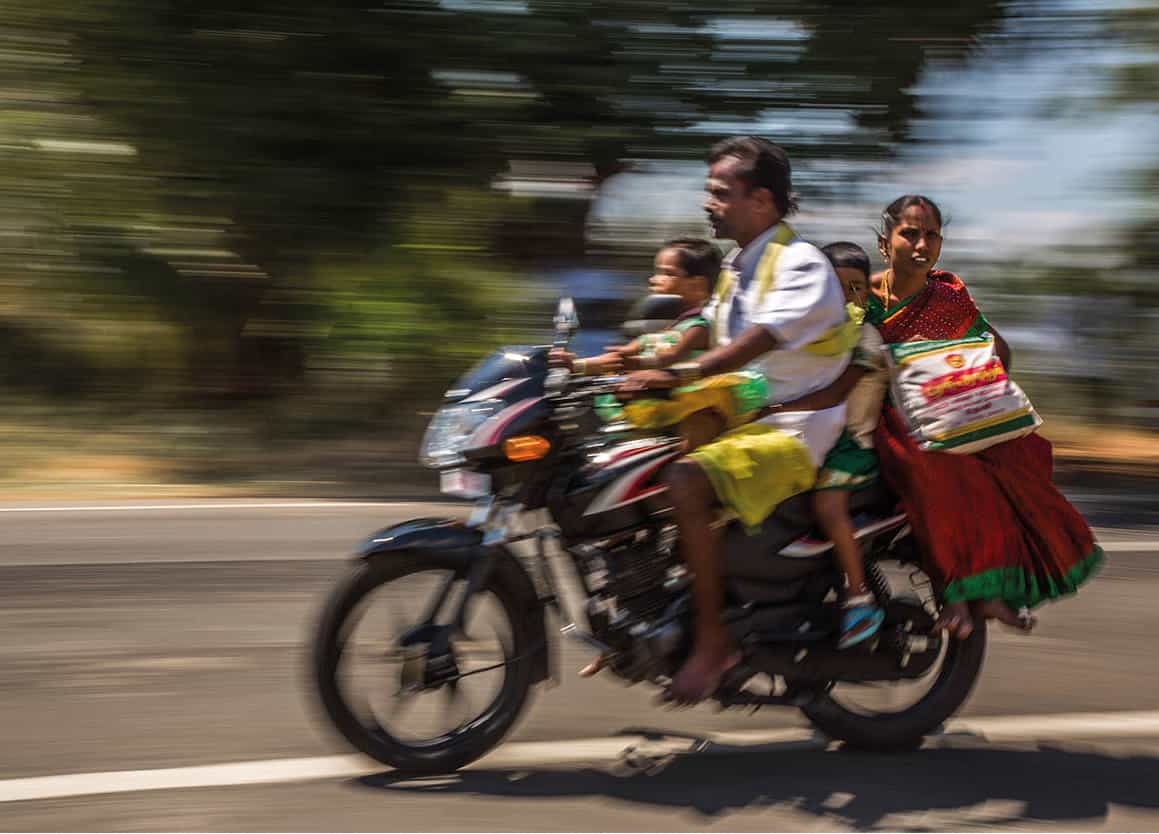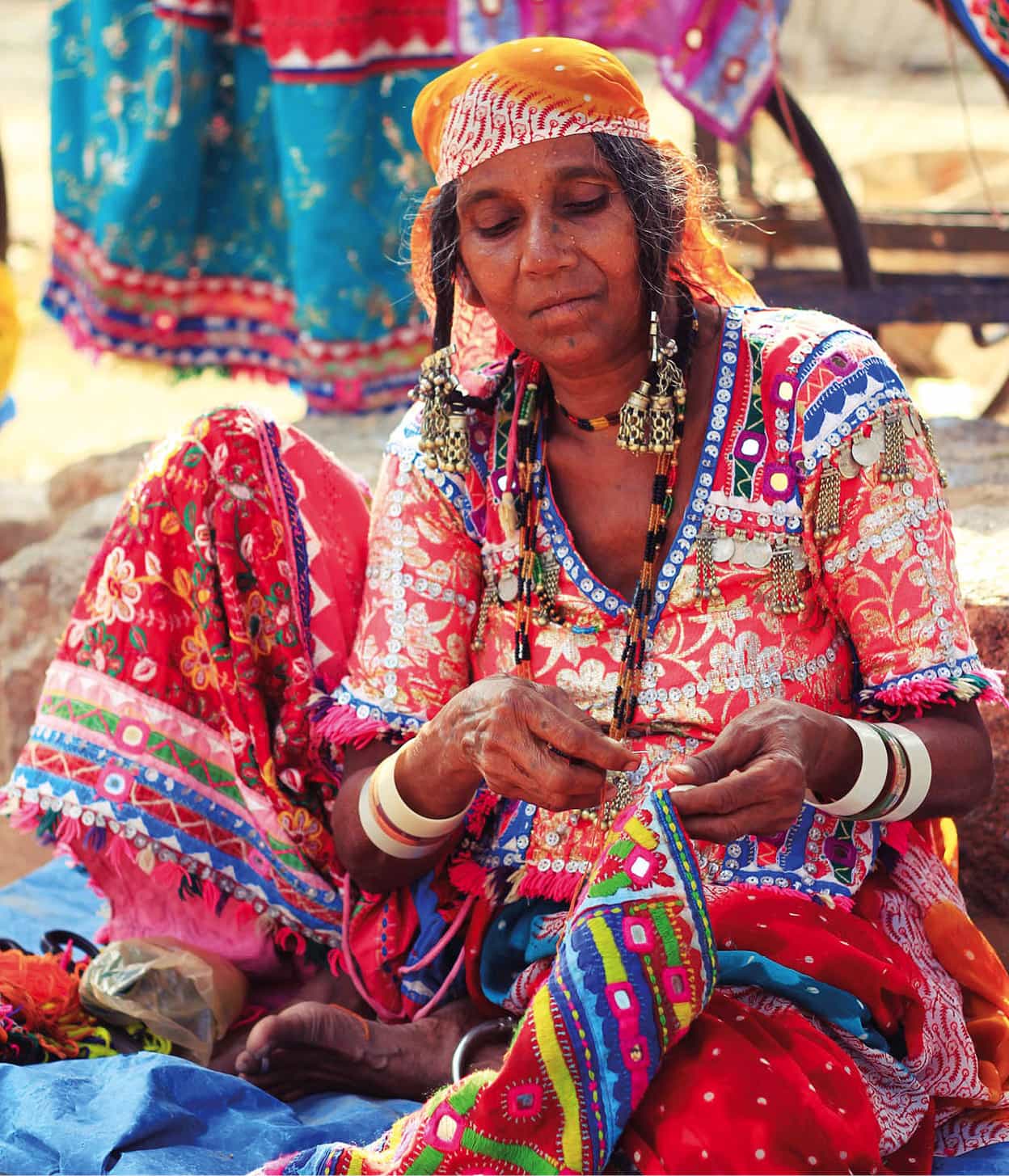India’s long history of accepting and absorbing newcomers, and of changing over time to express their ideas, is reflected in its open-minded and welcoming attitude, and fascinating range of cultures and beliefs. With landscapes that vary from the world’s highest mountain ranges to tropical beaches, India has an almost endless variety of peoples and places to explore; the sights and sounds of this enormous country have a spellbinding effect, and live long in the memory. Despite the advances brought by 21st-century globalisation, with rising prosperity, high-tech industries and burgeoning car ownership, India largely retains its mesmeric otherness, a kind of old-fashioned handmade, homespun quality that sets it apart from everywhere else.

Fatehpur Sikhri, Uttar Pradesh.
iStock
There is evidence, from the earliest times, of great movements of peoples across South Asia, sometimes replacing existing populations, sometimes integrating with them. They came from West and Central Asia in massive sweeps through the lofty passes in the northwest, bringing with them the rudiments of the Hindu faith, later to be developed on Indian soil into a subtle and highly complex religion. Other religions, such as Buddhism, Islam, Christianity and Zoroastrianism, have developed and been absorbed into India’s proverbial sponge. With these peoples and religions have come a variety of ethnicities, art, architecture, culture, philosophy, science and technology that have all influenced India’s intricate mosaic.

A family on a bike in Kerala.
Shutterstock
While it is India’s variety and complexity that make it so appealing, negotiating the turmoil can be a challenge. But if you are prepared to delve deeper than the first, chaotic impression, the rewards can be substantial. Be ready to take things as they come: for things that shouldn’t work at all to work perfectly, and for the simplest things to go wrong. Everyone’s perception is different. The prominent, 20th-century British journalist James Cameron summed up its appeal when he wrote: ‘I like the evening in India, the one magic moment when the sun balances on the rim of the world, and the hush descends, and 10,000 civil servants drift homeward on a river of bicycles, brooding on the Lord Krishna and the cost of living.’

An Indian woman in traditional dress.
Shutterstock